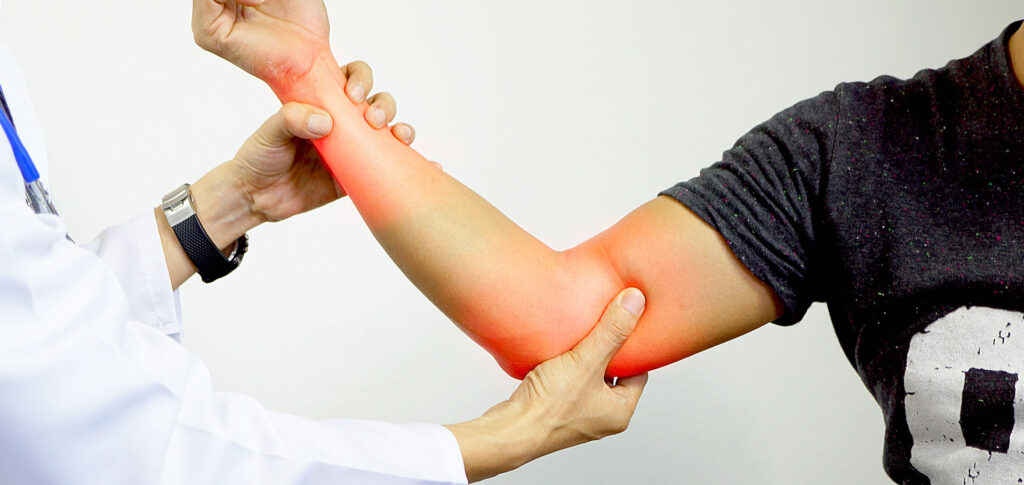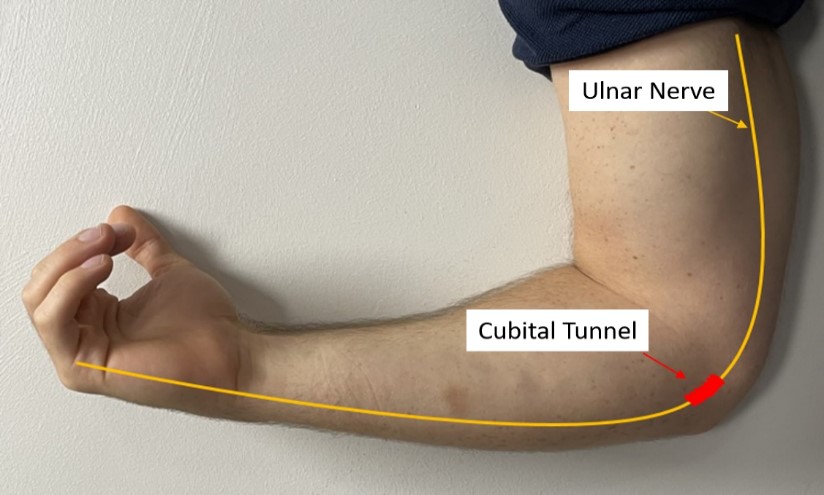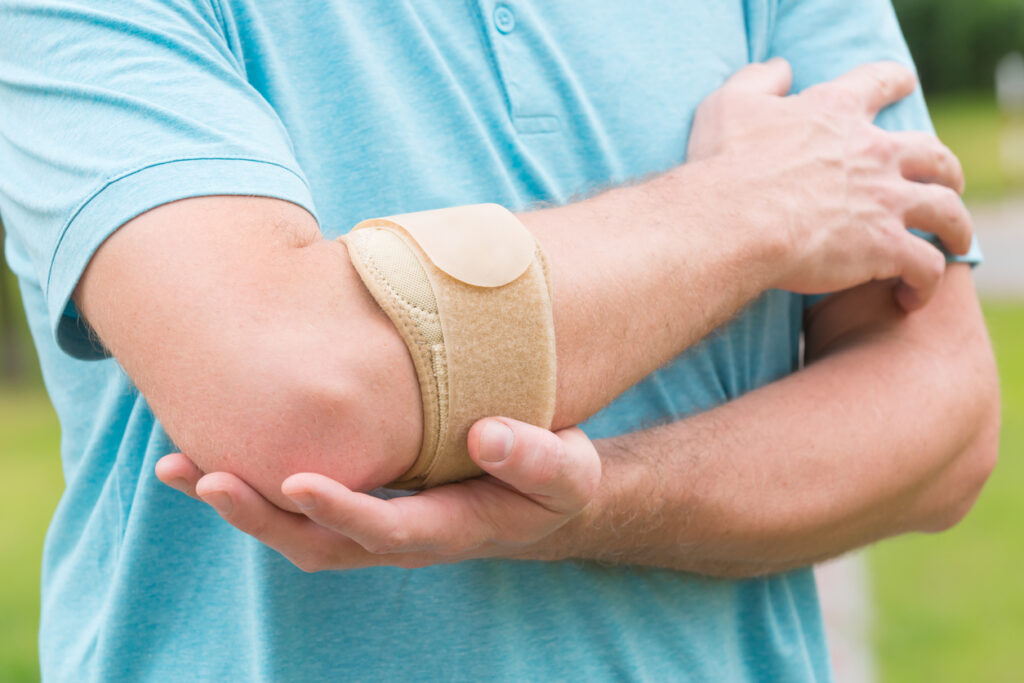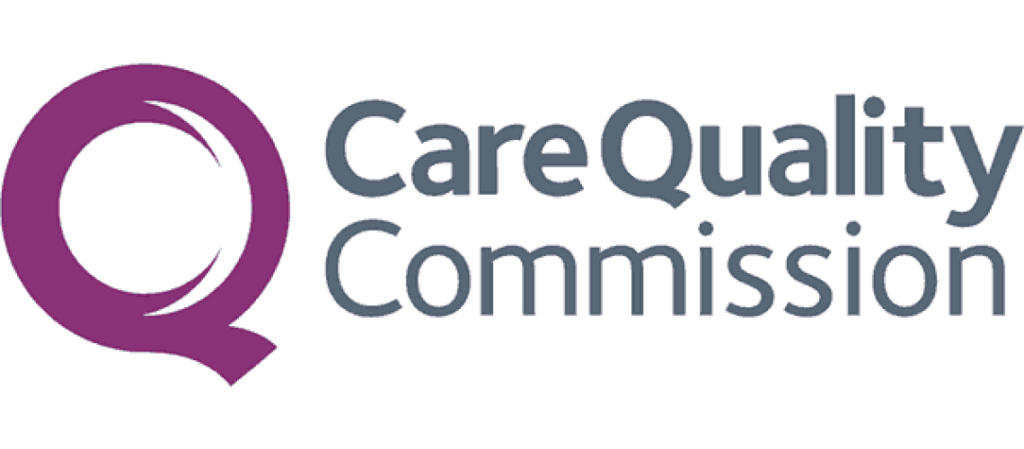Ulnar nerve
Ulnar nerve compression, often referred to as cubital tunnel syndrome, occurs when the ulnar nerve becomes irritated or trapped as it passes through the elbow.
At a glance
About
This can cause pain, tingling, numbness, and weakness, particularly in the ring and little fingers.
Effective
Referrals
Not Needed
Booking
Instant-book option available
Cost
-
Lincolnshire £ 2600
Nature of ulnar nerve treatment
Ulnar nerve treatment focuses on relieving compression of the nerve as it passes through the cubital tunnel at the elbow. This may involve a simple decompression procedure, or in more advanced cases, repositioning (transposition) of the nerve to a less vulnerable location.
The goal is to reduce irritation, restore proper nerve function, and prevent further damage, especially if symptoms like numbness or weakness are progressing
Common causes of ulnar nerve injuries
Ulnar nerve entrapment is typically caused by repetitive stress, prolonged pressure, or anatomical narrowing of the cubital tunnel. Common contributors include:
Frequent elbow bending: Activities like phone use, driving, or sleeping with bent elbows.
Direct pressure: Leaning on hard surfaces for extended periods.
Injury or trauma: Elbow fractures or dislocations can narrow the tunnel and compress the nerve.
Inflammatory conditions: Arthritis or swelling in the joint can increase pressure.
Occupational strain: Jobs involving vibration tools or repetitive arm movement can trigger symptoms.
Diagnosing suitability for ulnar nerve treatment
Assessment begins with a clinical examination of arm and hand function, including strength, sensation, and reflexes. Common indicators include tingling or numbness in the ring and little fingers, hand weakness, or muscle wasting.
Diagnostic tools like nerve conduction studies and electromyography (EMG) help confirm the location and severity of compression. Imaging such as ultrasound or MRI may also be used. If symptoms persist or worsen despite conservative care, you may be a suitable candidate for surgical decompression.
Suitable for
Ulnar nerve compression

Cubital tunnel syndrome

Treatment overview
This treatment targets ulnar nerve entrapment at the elbow. It typically involves a minimally invasive procedure to release pressure on the nerve. The aim is to restore normal nerve function and relieve symptoms such as numbness, tingling, and muscle weakness. The procedure can often be done under local or regional anaesthesia and may not require an overnight hospital stay.
Ulnar nerve compression, often referred to as cubital tunnel syndrome, occurs when the ulnar nerve becomes irritated or trapped as it passes through the elbow. This can cause pain, tingling, numbness, and weakness, particularly in the ring and little fingers. Early diagnosis and treatment are essential to prevent long-term nerve damage and restore full arm and hand function.

Benefits

Improves nerve function

Reduces tingling and numbness

Minimally invasive option

Short recovery time

Can prevent long-term muscle loss
How to Pay
We offer a range of flexible payment options to make your treatment experience smooth and stress-free.
Paying for Yourself (Preferred Option)
Most patients choose to self-fund their treatment. We accept:
- Bank Transfers
- Credit/Debit Cards
- Cash (in person only)
Instalment Plans
We’ve partnered with GoCardless to offer interest-free instalment options. You can easily set up a Direct Debit to spread the cost of your treatment over time.
Finance Options
Looking for a financing plan? You can apply through Kandoo, our trusted finance partner.
- Instant online decision
- No impact on your credit score
- Multiple lenders for competitive rates
Private Medical Insurance (Limited Availability)
We work with a small number of approved insurance providers. However, due to restrictions from many insurers, not all treatments are covered. Please check with your insurer and speak to our team before booking to avoid disappointment.
The booking process
Online booking/call
Use our Calendly to book an initial consultation, or give us a call.
01
consultation
If you are a new patient, our doctors might arrange a consultation before treatment.
02
Treatment
You will be booked in for treatment.
03
Follow up
Our doctors might arrange a follow-up consultation, to check your response to treatment.
04
Discharge
Once your doctor is happy with your recovery, you will be discharged. After discharge, we are always here for further questions or support, should you need it.
05
Frequently Asked Questions
How do I know if I need treatment for ulnar nerve compression?
If you’re experiencing numbness, tingling, or weakness in the ring and little fingers—especially if symptoms worsen with elbow bending—you may need treatment.
Is the procedure painful?
The treatment is typically performed under local or regional anaesthesia. Most patients report minimal discomfort during or after the procedure.
What is the recovery time?
Most patients can return to light activities within a few days and resume normal activities within a few weeks, depending on the severity of the condition and the specific procedure.
Schedule A Discovery Call With Us
Don’t wait to find relief. Whether it’s a consultation, scan, or treatment, we’re ready to help.






